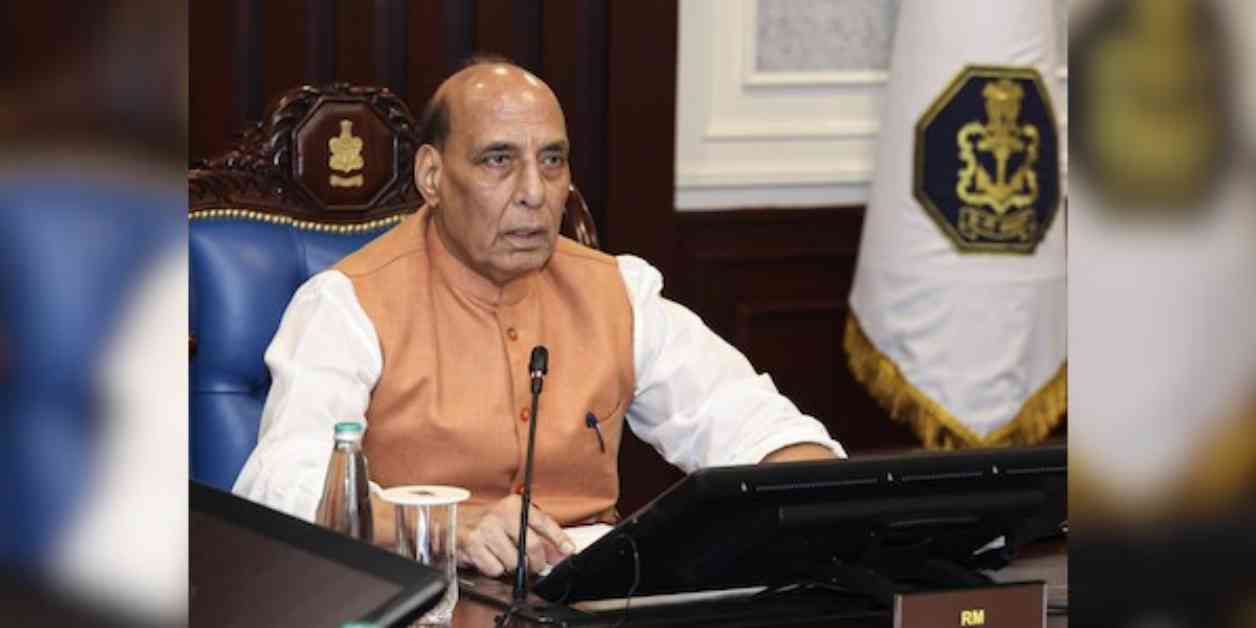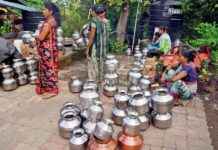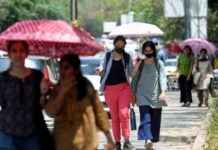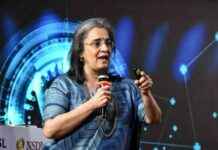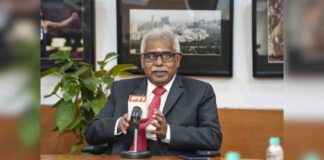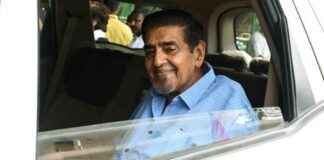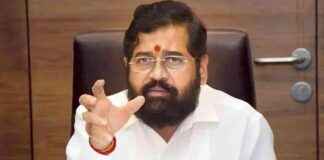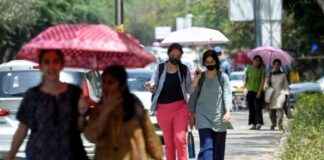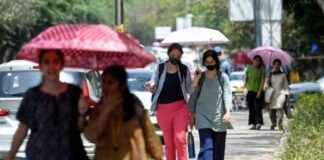Building Consensus on ‘One Nation, One Election’ in Parliament: Rajnath Singh
Union Defence Minister Rajnath Singh on Sunday announced that the BJP-led government is set to introduce a bill on ‘one nation, one election’ in Parliament. The aim is to hold Lok Sabha and assembly elections simultaneously across the country, potentially saving three lakh crores in the process.
Speaking at an election rally in Sainik Colony, Singh highlighted the benefits of implementing ‘one nation, one election’, including reduced expenses, efficient use of administrative resources, and the creation of a unified election calendar. By aligning the schedules of assembly and Lok Sabha elections, the government hopes to optimize financial and fiscal resources, improve voter turnout, and streamline the deployment of human resources.
According to Singh, the proposed bill is part of the government’s broader efforts to enhance the electoral process and governance in India. By consolidating election cycles, the country stands to save a significant amount of money, which can be directed towards other developmental initiatives.
In addition to the economic advantages, Singh emphasized the strategic importance of ‘one nation, one election’ in fostering national unity and efficiency. He underscored the need for all political parties to come together in support of this initiative, highlighting the potential for bipartisan collaboration on critical issues of governance.
The defence minister also touched upon the government’s commitment to bolstering India’s defense capabilities through indigenous manufacturing of weapons and defense equipment. He praised the country’s progress towards self-reliance in defense production, emphasizing the importance of technological innovation and self-sufficiency in safeguarding national security.
In a veiled reference to the opposition, Singh criticized the spread of misinformation and divisive politics, particularly targeting the Congress party. He accused the opposition leadership of propagating falsehoods and engaging in divisive tactics, contrasting their actions with the government’s focus on national unity and development.
Singh’s remarks also addressed recent controversies involving Congress leader Rahul Gandhi and his comments on the Sikh community. He condemned the dissemination of false information and urged political leaders to uphold the truth and integrity in their public statements.
Highlighting the BJP’s support for the Sikh community, Singh reiterated the government’s commitment to protecting their interests and honoring their contributions to Indian culture. He emphasized the significance of inclusive governance and the need to address historical injustices, such as the anti-Sikh riots.
As the political landscape continues to evolve, Singh called on the public to prioritize national interest and work towards the collective welfare of the country. He urged citizens to remain dedicated to the ideals of democracy and unity, emphasizing the importance of active participation in the democratic process.
In conclusion, the proposed bill on ‘one nation, one election’ represents a significant step towards electoral reform and governance in India. By fostering consensus and collaboration among political parties, the government aims to streamline the electoral process, reduce financial burden, and enhance democratic principles for the benefit of all citizens.
